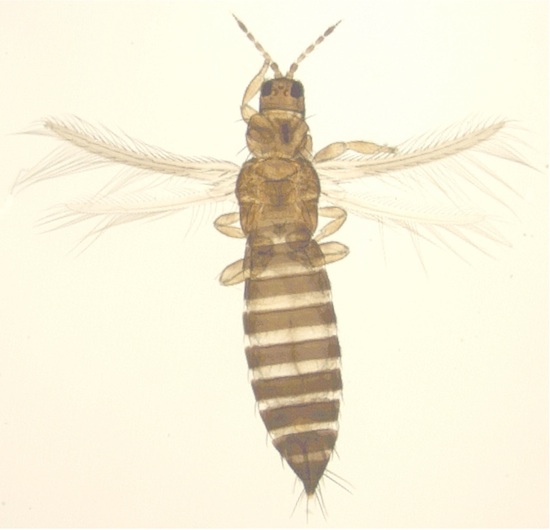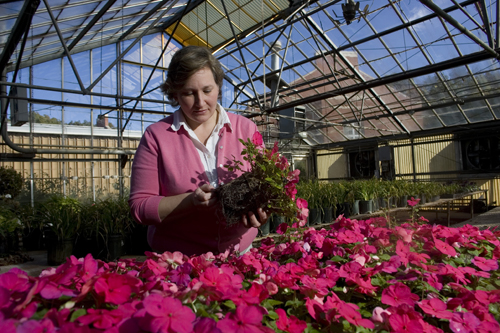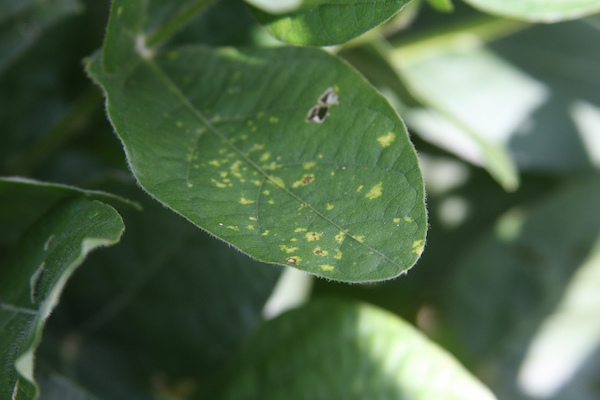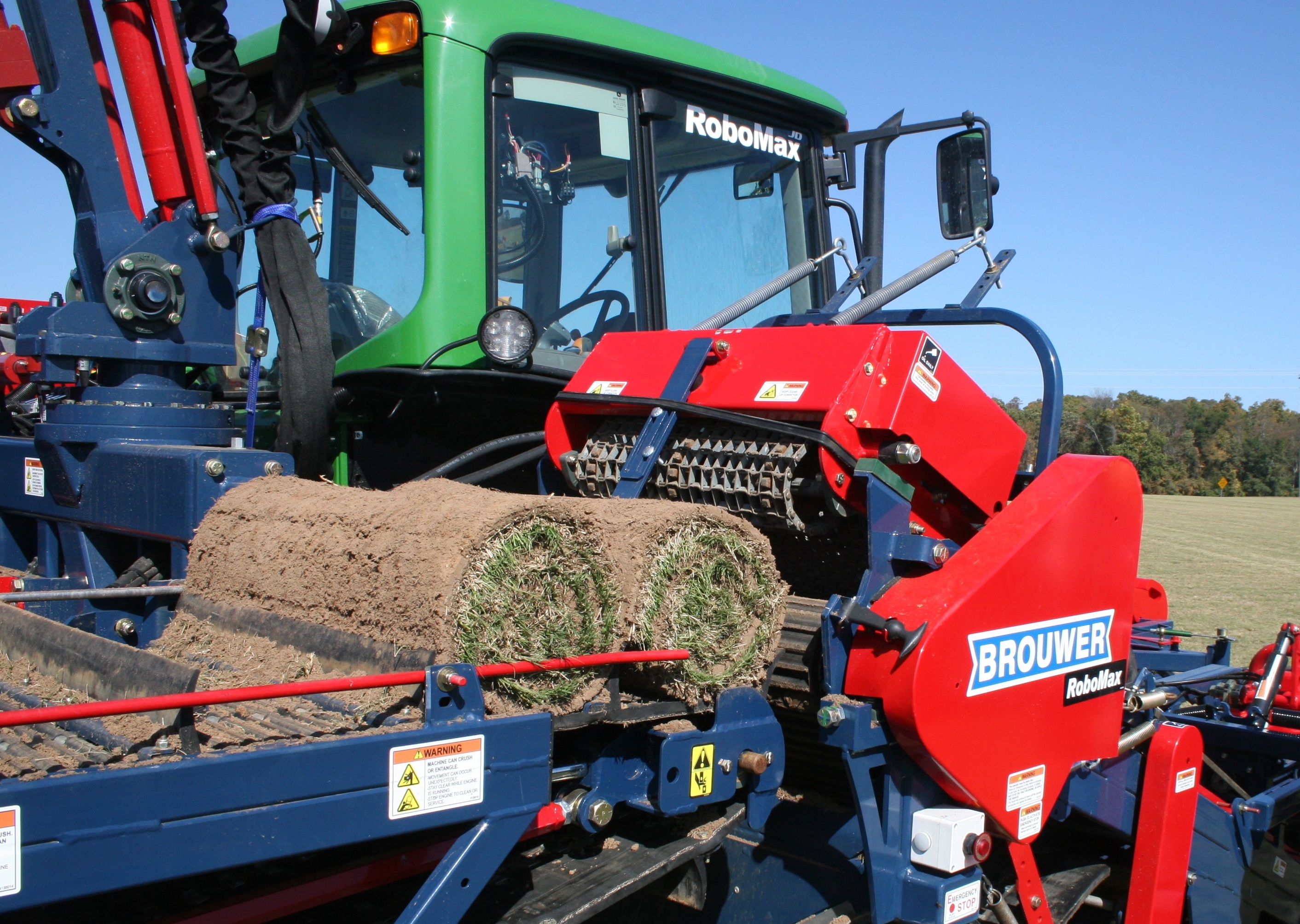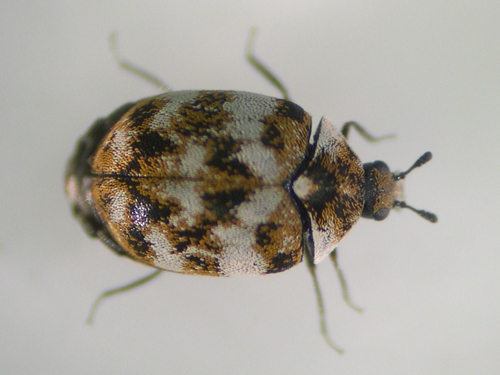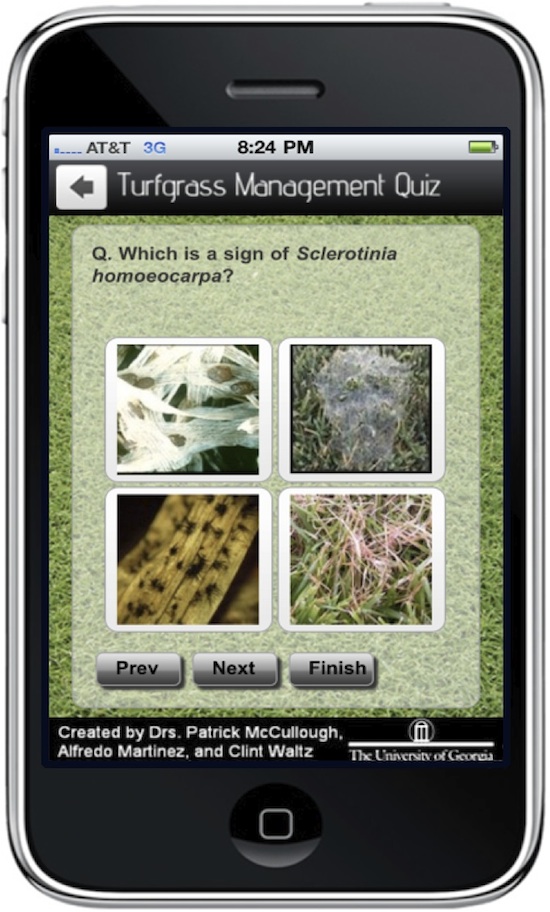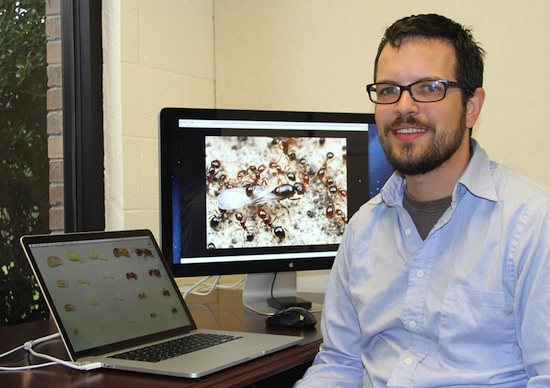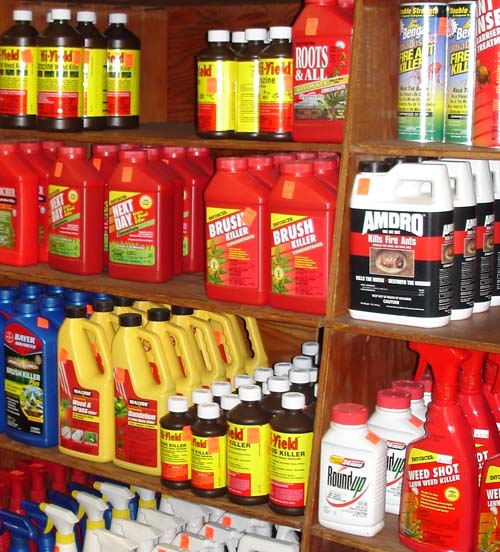 CAES News
CAES News
Pesticide Applicator Classes
Certified pesticide applicators need recertification training and credits to keep their licenses up-to-date. To help provide this training, University of Georgia Cooperative Extension has planned pesticide applicator recertification classes in Savannah, Griffin and Cartersville this February.

